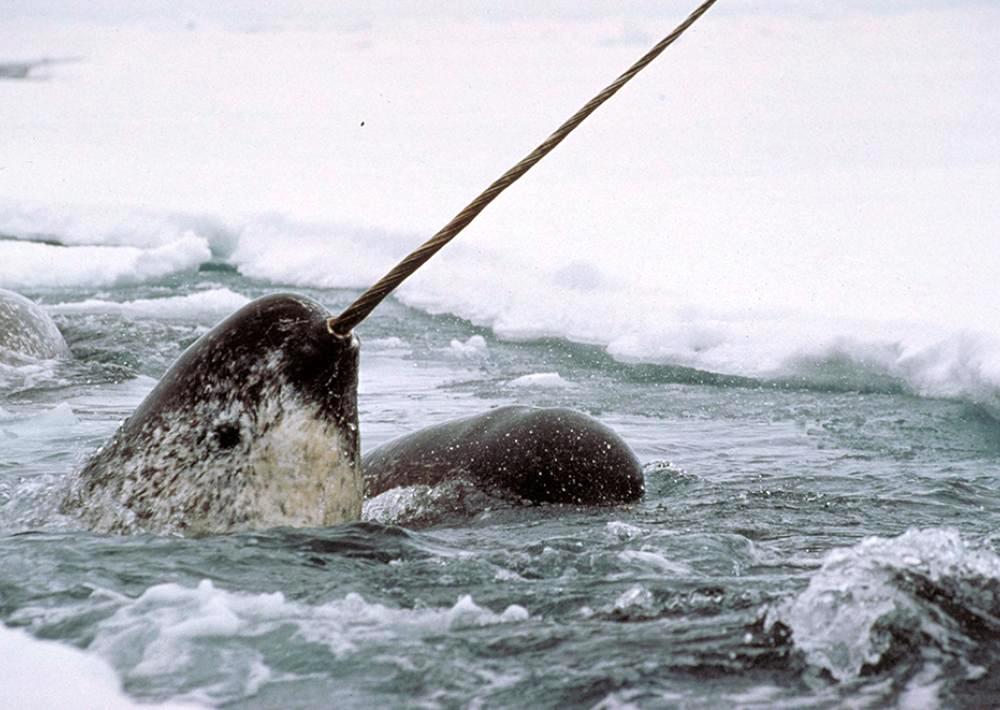Canada allows Greenland to weigh in on Nunavut mine expansion, under UN convention
Greenland is concerned that increased shipping will adversely affect marine life within its national boundaries.

Greenland is allowed to participate in future decisions concerning Baffinland Iron Mines Corp.’s Mary River mine expansion plan.
This was determined by the Impact Assessment Agency of Canada and communicated in a June 25 letter to the Nunavut Impact Review Board, after the Kingdom of Denmark, on behalf of the autonomous territory of Greenland, asked to be included in the decision-making process.
Baffinland wishes to double the output of its northernmost mine in Canada, on northern Baffin Island, which would increase shipping traffic through Baffin Bay and potentially affect marine habitats within Greenland’s national boundaries. Of particular concern to Greenland is how increased ship traffic and ice breaker activity will affect narwhal.
Because of this, the government of Greenland is allowed to participate in future Nunavut Impact Review Board meetings under a United Nations agreement called the Espoo Convention.
“To my awareness this project proposal is the first time the NIRB has had to consider the Espoo Convention in its assessments,” said Karen Costello, the executive director of the NIRB.
The means that the NIRB is obliged to send a letter to the Kingdom of Denmark, describing the activities involved in the final scope of the phase two expansion of the mine that would affect Greenland, any adverse impacts to marine mammals and how these will be mitigated, the current status of the assessment process, how to participate in future consultation, and a timeline for Denmark to provide comments.
The NIRB also has to give any new information to Denmark about how Greenland may be affected by the mine expansion as it becomes available, consider comments from Denmark as it writes its final reports regarding the expansion, and give Denmark the final decision, made by the Government of Canada, about the expansion of the mine, as well as the reasons for the decisions.
This is according to the June 25 letter from Tara Frezza, the director of intergovernmental affairs for the Impact Assessment Agency of Canada, to the NIRB.
Canada and Denmark are signatories of the convention of the United Nations Economic Commission for Europe, the Convention on Environmental Impact Assessment in a Transboundary Context, also known as the Espoo Convention.
The Espoo convention, signed in Espoo, Finland, in 1991, obliges signatories to notify and consult each other on projects with environmental impacts that cross international boundaries.
The Kingdom of Denmark originally asked to be included in the assessment process at the beginning of this year, sending a letter to the government of Canada with a memo outlining its environmental concerns.
Costello said that the NIRB will have information about moving forward with those meetings by the end of this month.